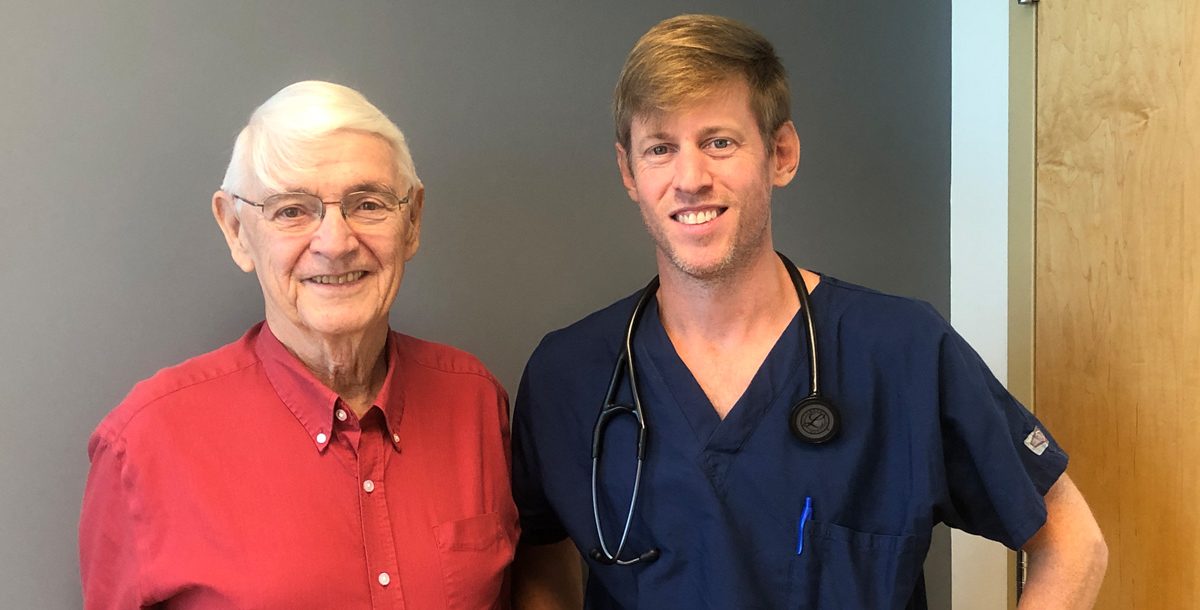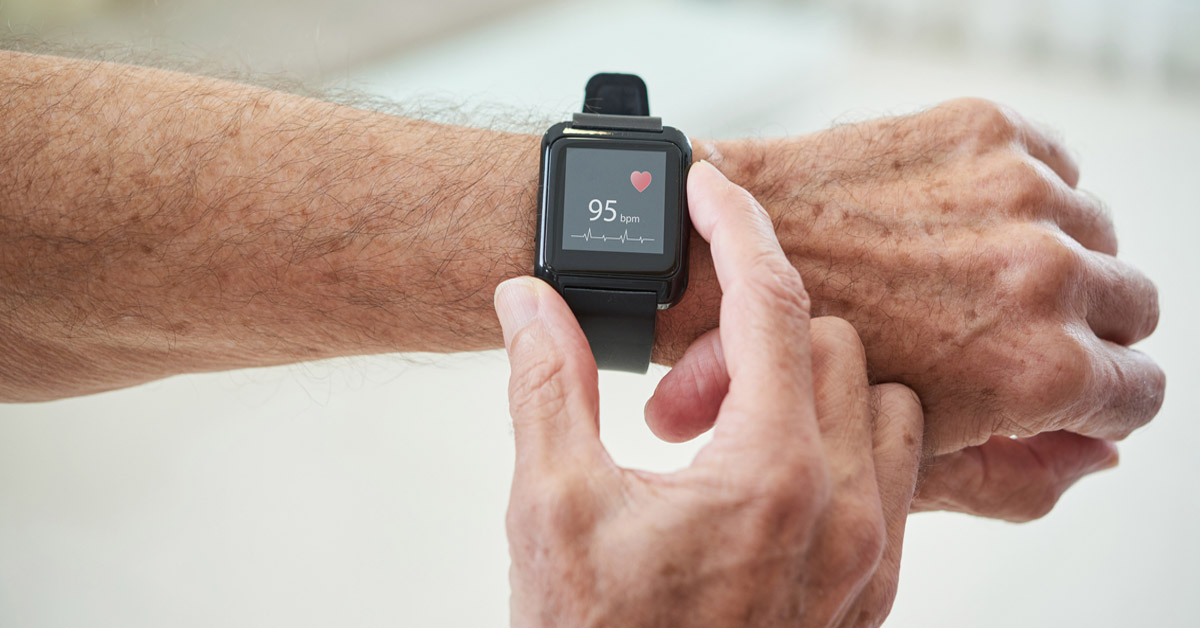Millions of Americans struggle with atrial fibrillation (AFib), including Bill Baker. The 79-year-old says he’s had an irregular heartbeat for decades. The condition can cause blood clots, and as a result, is the leading cause of stroke and congestive heart failure in the country.
“It can make patients feel tired, short of breath, sometimes have chest pain and overall a sense that’s something’s not right,” explains Bon Secours Cardiologist Dr. Matthew Sellers.
Like many others who suffer from AFib, Bill has been forced to take medication to help prevent clots.
“I’ve been on blood thinners for years and began to have some difficulties monitoring it properly, so I became concerned about my continued use of the drugs,” says Bill.
His concerns were realized a few years ago when he developed a subdural hematoma, or a brain bleed. Bill’s wife of 56 years, Linda, called it a scary experience that made the negative possibilities of her husband’s condition more real. She became very intrigued when she read about a new procedure called the Watchman.
“The doctor said Bill was a perfect candidate for the procedure,” she says as she recalls being relieved her husband was eligible.
The Watchman implant, currently available at Bon Secours, allows doctors to close off a small chamber at the top of the heart, called the left atrial appendage, which prevents clots from forming and entering the blood stream. After it is implanted, tissue grows over the Watchman device providing protection against strokes.
This also removes the need for patients like Bill to take medication for the rest of their lives – something that makes all the difference.
“I felt like I was cut loose from this chain around my neck. I feel a lot better and complete again rather than being infirmed,” says Bill.
Being off the medication means a less restrictive diet, fewer lab tests, and a sense of relief that has led Bill to have a more positive mental state about his health overall.
“The procedure went pretty smooth. I’d do it again in a second! In fact, I feel like I’m 49-years-old!” he laughs.
Fortunately, there are other options for patients who suffer from AFib. For instance, defibrillators can detect heartbeat irregularities and help restore the heart to its natural rhythm. This year, Bon Secours St. Francis Health System became the first hospital system in the nation to use the latest defibrillator device on the market.
“It’s much smaller, has much higher battery longevity, and patients require fewer procedures to replace that battery,” Dr. Sellers says.
However, the answer isn’t always a medical procedure. Sometimes, it’s all about making lifestyle changes.
“Exercise, diet, weight loss as well as controlling blood pressure and sleep apnea are probably the biggest things when it comes to managing AFib,” says Dr. Sellers.
Having a primary care physician who can keep you up to date on your annual physicals and help arrange an annual EKG if needed is also important. Whatever you do, don’t wait to see a doctor if you’re experiencing symptoms.
“It becomes irreversible if it’s not managed early,” Dr. Sellers warns. “If you’re a patient that has high blood pressure, sleep apnea, diabetes, heart failure or any combination of those problems, you’re at a much higher risk.”





